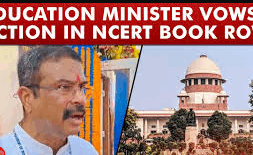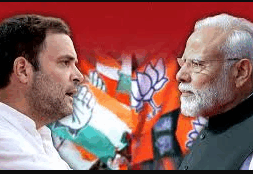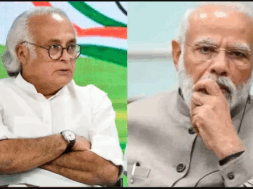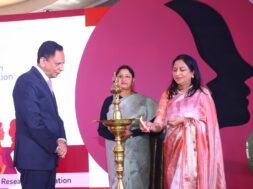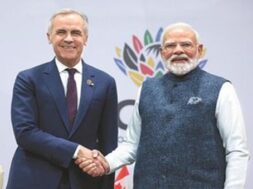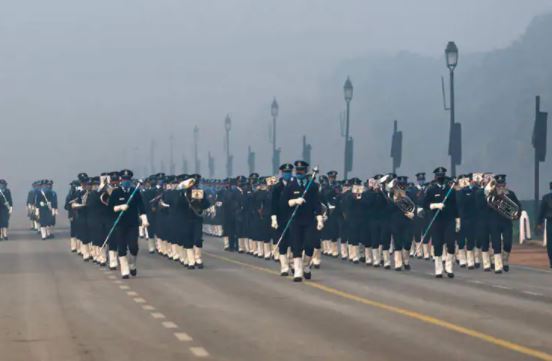
Why does India celebrate republic day on January 26?
January 26 was the chosen date since it was on this day in 1929 that the Indian National Congress issued the Declaration of Indian Independence (Purna Swaraj), opposing the British Regime’s Dominion status.
On August 15, 1947, India achieved independence. A committee was created a few days later, on August 29, to draft a permanent constitution for independent India. Dr. BR Ambedkar was made chairman of the committee. On November 4, 1947, the committee drafted the constitution and submitted it to the Constituent Assembly. The Assembly met in numerous sessions for nearly two years before finally adopting the Constitution. On January 24, 1950, the 308 members of the Assembly signed two handwritten versions of the agreement — one in Hindi and one in English — after much deliberation and a few changes.
The constitution came into effect two days later, on January 26, 1950. Dr. Rajendra Prasad began his first tenure as President of the Indian Union on that day.
After the Constitution was adopted by the Indian Constituent Assembly on November 26, 1949, it was brought into effect on January 26, 1950. The date was chosen as it coincided with the Purna Swaraj Diwas when the Indian National Congress proclaimed a “complete self-governance” resolution, opposing the British Regime’s Dominion status. The proclamation was made in the historic annual session of the Congress in Lahore (now Pakistan). Jawaharlal Nehru had been appointed president of the Congress to take over from his father, Motilal Nehru, who favored a new dominion status constitution for India. 40-year-old Jawaharlal rejected his father’s proposal and argued for a complete separation from British rule. He was supported by leaders like Bal Gangadhar Tilak, Subhas Chandra Bose, Aurobindo, and Bipin Chandra Pal.
The resolution was passed and the Congress fixed the last Sunday of January 1930 for ‘Purna Swaraj’. The date happened to be January 26. The Congress urged Indians to celebrate January 26, 1930, as ‘Independence Day’. Post the actual independence in August 1947, the momentous date of January 26 could not have been forsaken. Hence, it was subsequently chosen to mark an equally significant day.
(_Vinayak Barot)


